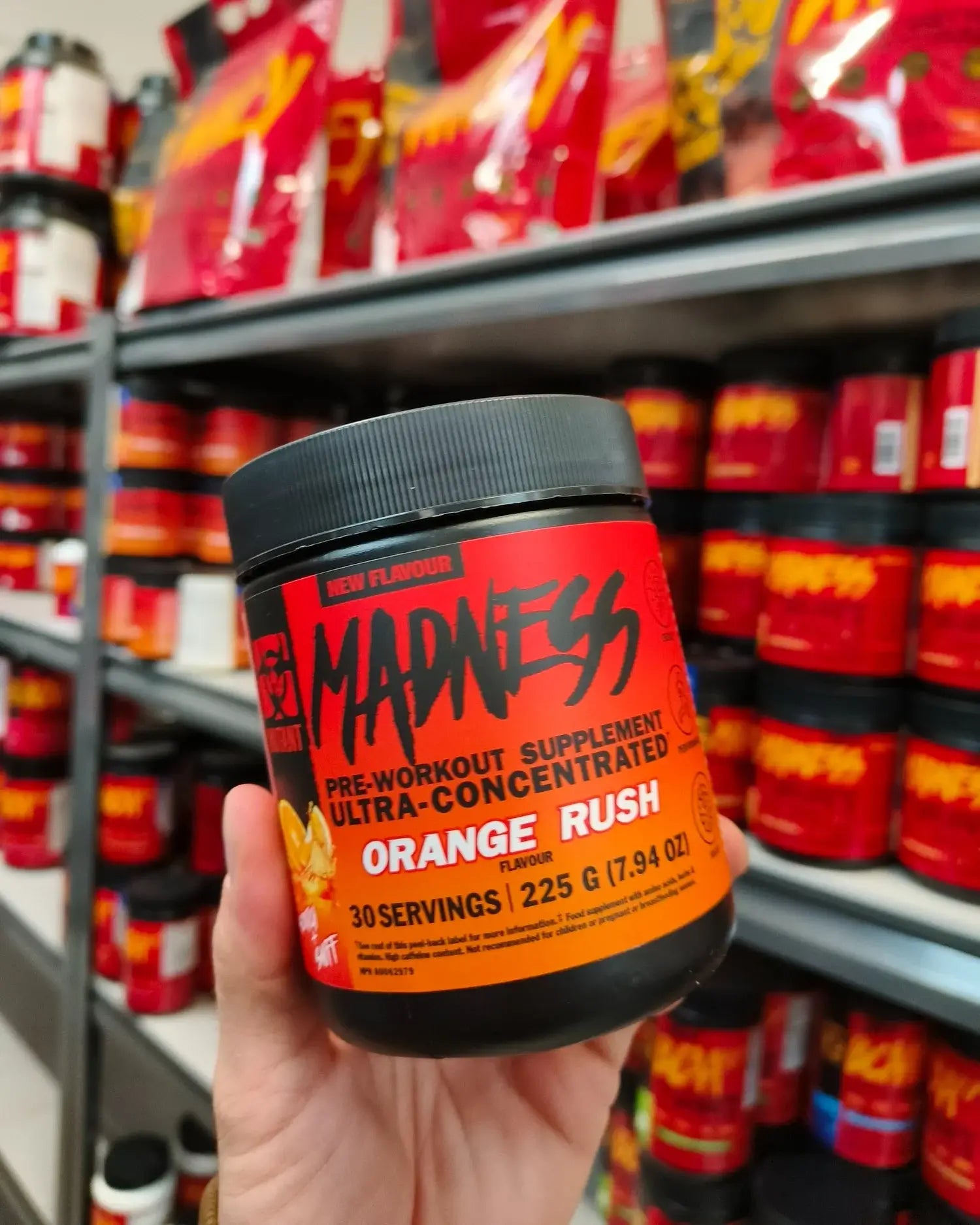SEO for Shopify: How to Climb Google’s Search Results Fast
SEO
SEO for Shopify
SEO success
Shopify Design & Development
Shopify Plus

As the popularity of the ecommerce domain is growing, so is the competition in the digital world. It is essential to establish a solid SEO foundation to rise above the noise of your competitors.
In this blog we will discuss:
- How to use SEO for Shopify to rank your online store
- Using proper keywords
- Website speed and mobile friendly
- Product page optimization
- Strategically build backlinks
- Schema markup
- Include meta title and meta descriptions
- Add to google search console
- How to track your SEO for shopify performance?
- Google search console
- Shopify Analytics
- Google analytics
- Frequently asked questions
How To Use SEO For Shopify To Rank Your Online Store
Let us discuss how to get your Shopify store climb to the top of search engine results.
Using proper keywords
Keywords are the very basis of any SEO strategy. Your SEO marketing is incomplete without proper selection of keywords.
So, initially we start off with finding relevant search terms that your target audience is using to find the kind of products or services that you are offering.
You can use various tools such as Ahrefs, SEMrush, or Google Keyword Planner to discover keywords with low competition and decent search volume.
Once your compilation of keywords are done, you need to strategically incorporate them in meta title, meta tags, product descriptions etc. This inclusion of target keywords will improve your store’s visibility and ranking.
Website speed and mobile friendly
Google gives high priority to user experience and website speed is the very crux of that element.
You can optimize the speed of your website by compressing images and choosing a good host provider. Moreover, you need to ensure that your website is mobile friendly as there is an increase in mobile users in recent years.
A good mobile responsive website boosts your engagement rate and contributes to better search rankings.
Product page optimization
You need to ensure that each of your product pages is optimized for Shopify SEO.
Wondering how to do this? You can take the following steps:
- Create unique and compelling product titles with relevant keywords.
- Generate informative product descriptions with keywords.
- Optimize product images with relevant alt tags.
Strategically build backlinks
Inbound links or backlinks from other websites to your online store plays an important role in your SEO strategy.
However, keep in mind that you need to focus more on quality rather than quantity.
You can collaborate with other influencers or participate in industry-related forums to gain credible backlinks. Make sure that you avoid buying backlinks as they can harm your SEO marketing efforts.
Tip: You can also read our blog on Top SEO questions to gain a better understanding of this topic.
Schema markup
Schema markup, also known as structured data, provides search engines with additional information about your Shopify store. It helps search engines grasp the context of your data, ultimately leading to improved search result features, such as rich snippets and knowledge panels.
Include meta title and meta descriptions
It is essential to include meta titles and descriptions in all the pages including products, blogs, and categories.
These elements make sure that your potential customers and search engines get precise information about your website. Also, they entice users to click on your site when it appears in search results.
Add to google search console
To ensure that your Shopify store is indexed by Google and appears in search results, submitting your store’s sitemap to Google Search Console is crucial. A sitemap is a file that provides detailed information about the pages, products, and content on your website, making it easier for search engines to accurately crawl and index your site. This process improves your store’s visibility and helps attract potential customers through organic search traffic.
Here’s how to submit your sitemap:
- Generate your store's sitemap.
- Log in to Google Search Console.
- Add your Shopify store as a property and submit your sitemap URL to Google Search Console.
- Allow Google to crawl and index your pages efficiently.
How To Track Your SEO For Shopify Performance?
Tracking the results of your SEO efforts will help you to know what is working and what is not.
Let us go through the ways in which you can track Shopify SEO performance.
Google search console
This free tool by Google offers an insight into your search engine visibility. It provides detailed data on various aspects that can improve your site's ranking and performance.
It helps you to track:
- Ranking keywords and the clicks they help to generate
- Overall organic traffic
- Any technical issues that may be affecting your store’s visibility
Shopify Analytics
Shopify’s built-in analytics dashboard offers essential insights tailored to your store’s performance, helping you make informed decisions and optimize your business strategy. With these valuable metrics, you can understand how your store is attracting traffic, which products are driving sales, and the costs associated with customer acquisition.
It helps you to track:
- Websites sending the most traffic to your store
- Products ranking well in search results
- Cost to acquire a customer through organic traffic
Google analytics
Google Analytics, a free platform, provides a thorough insight into your website's traffic, helping you understand how visitors interact with your store. With this tool, you can easily monitor key performance metrics and make data-driven decisions to enhance your store’s performance.
It helps you to track:
- Organic visitor to your website
- Conversion rate of your store
- User engagement
You can also read our guide on tips to boost your Shopify site speed to improve your website performance.
By tracking your performance, here is how you can make changes in your Shopify SEO strategy.
- Focus on keywords that is driving sales and traffic to your website
- Optimize keywords that have low competition and higher search volume
- Improve your store’s user experience by fixing the areas where your user might be bouncing off from your website
Frequently Asked Questions
How do I find the best keywords for my Shopify store?
You can use tools like Ahrefs, SEMrush, or Google Keyword Planner to find relevant keywords with low competition and high search volume. These keywords will help attract the right audience and improve your store’s ranking.
How can I improve my Shopify store’s website speed for better SEO?
You can optimize website speed by compressing images, choosing a reliable hosting provider, and ensuring your website is mobile-friendly. These improvements enhance user experience and contribute to higher search rankings.
What are backlinks, and how do they help my Shopify SEO?
Backlinks are inbound links from other websites that direct users to your store. Quality backlinks from reputable sources improve your store's credibility, helping to boost its SEO ranking. Avoid buying backlinks as they can negatively affect your store’s performance.
CrawlApps
At CrawlApps, we don’t just build Shopify stores—we create experiences that sell. We’re a bunch of problem-solvers who love turning ideas into stores that actually converts. Whether it’s fixing what’s broken or building something from scratch, we make sure every detail works in your favor. No fluff, no jargon—just real solutions that help your business grow. If you’re serious about Shopify, you’ll feel right at home with us.















